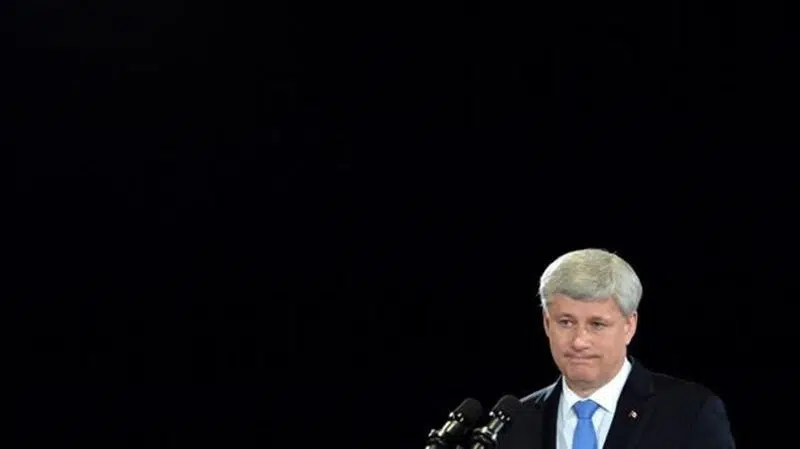
As past Tory party players step up, Harper appears to step to the side
OTTAWA — As the federal Conservative leadership race begins drawing party grandees into potential candidates’ camps, former prime minister Stephen Harper appears to be taking a step to the side.
Harper has left his role with the fundraising arm of the federal Conservative party, posting a message to his social-media account thanking the Conservative Fund for its work.
“Their record of fundraising and expenditure management has been unparalleled in federal politics, with issues managed quickly and professionally,” he wrote.
“It has been a pleasure to serve with them.”


